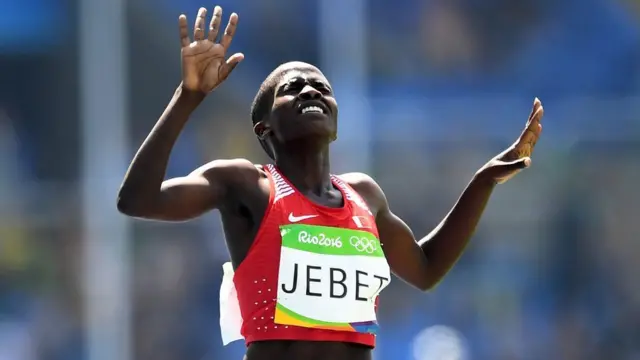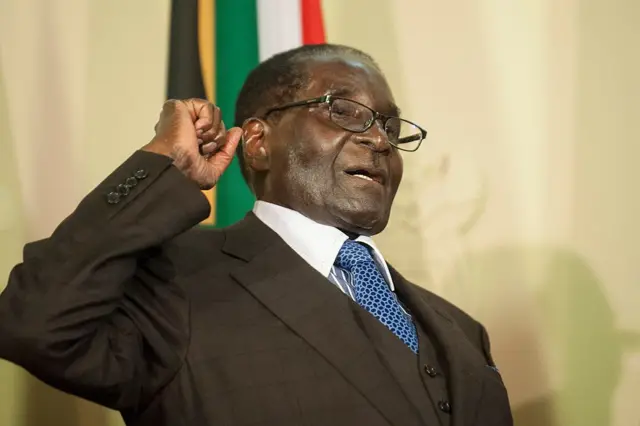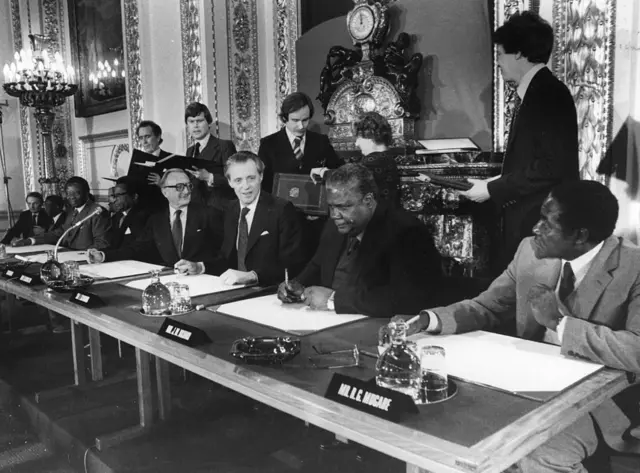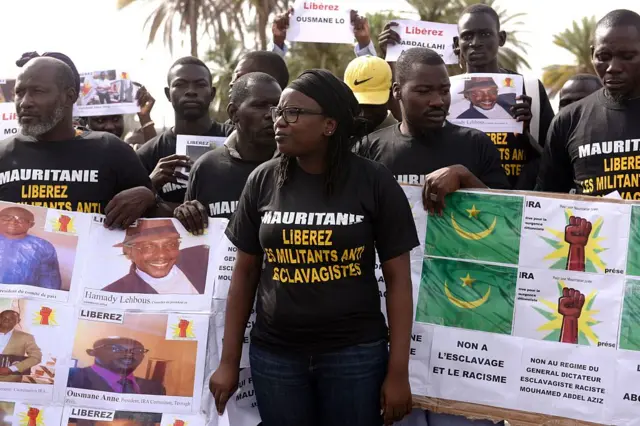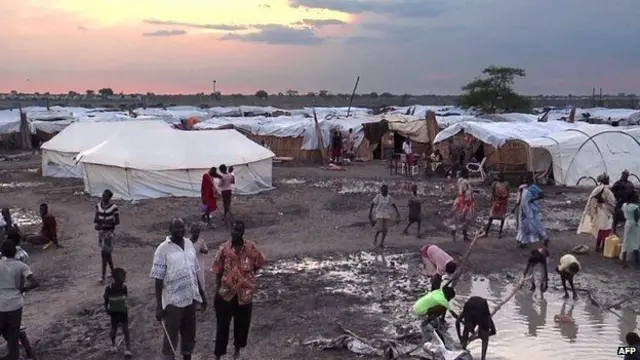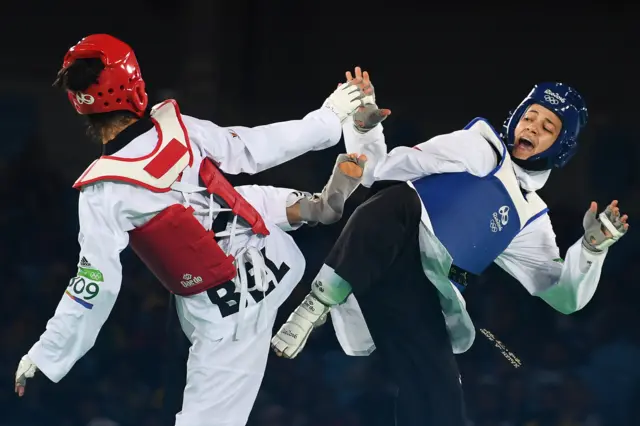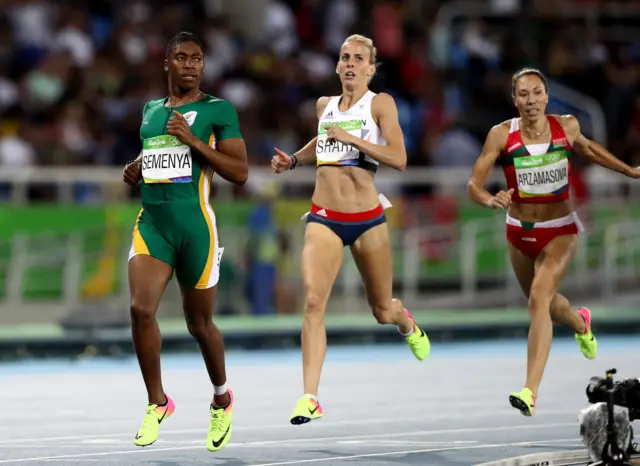'Both sides' in South Sudan conflict recruiting child soldierspublished at 10:58 BST 19 August 2016
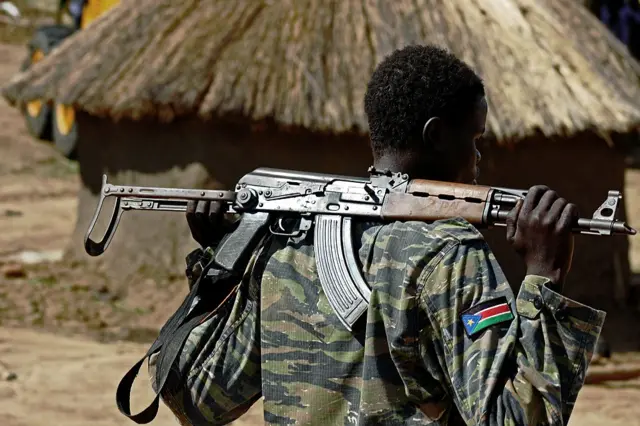 Image source, AFP
Image source, AFPBoth sides in the conflict are heavily armed
More than 650 children have been recruited into armed groups in South Sudan since the beginning of the year, the UN children's agency Unicef has said.
Supporters of President Salva Kiir and his rival Riek Machar had both intensified their recruitment drives since July, when a new round of conflict broke out, Unicef added.
Speaking to the BBC after visiting South Sudan, Unicef deputy executive director Justin Forsyth said:
Quote MessageYou see child soldiers as you drive along the roads, just in uniforms and who have been recently recruited."
Mr Forsyth said there was widespread malnutrition and some areas faced a threat of famine:
Quote MessageWe have to be honest, we're doing sticking-plaster jobs. I mean we're trying to save children's lives, save mothers' lives. It's a sticking-plaster.
Quote MessageThe only long-term sustainable solution to this problem is if the different parties to the conflict resolve their differences and establish proper governance in South Sudan. And until that happens we'll continue to be on the brink of this very serious situation, which may tip over."
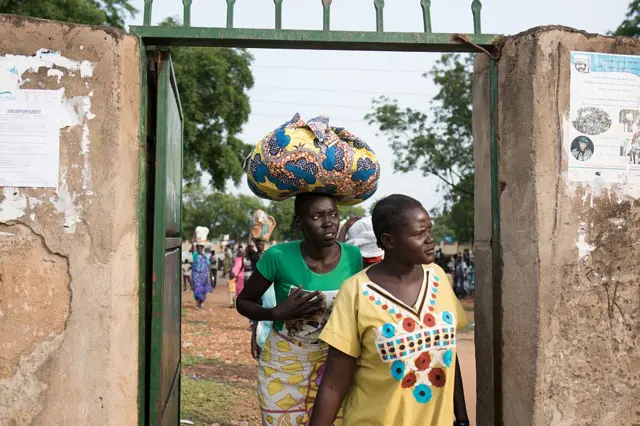 Image source, AFP
Image source, AFPAt least 100,000 people fled their homes after the July violence
